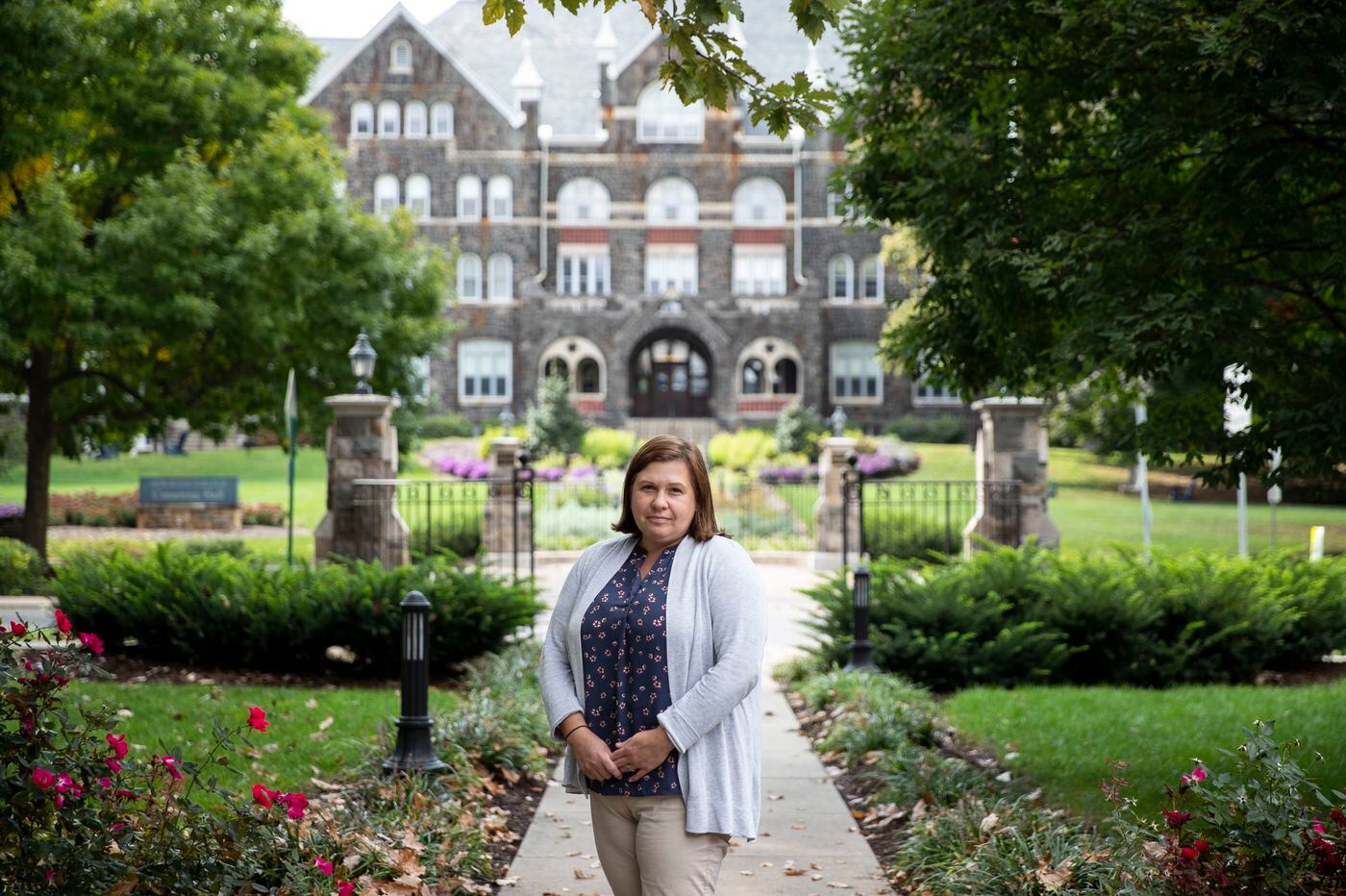, Posted: October 2, 2020

MONICA HERNDON / STAFF PHOTOGRAPHER
At Moravian College in Bethlehem, Pa., Allison Blechschmidt has noticed a yearly uptick in the number of students seeking psychiatric services, such as diagnoses of mental-health issues and prescriptions for antidepressants and antianxiety medication.
As the director of Moravian‚Äôs counseling center, Blechschmidt has tried a number of solutions to deal with the growing demand, such as having a psychiatrist on campus on certain days of the week or referring students to providers in the community. But neither was particularly efficient ‚ÄĒ paying for a psychiatrist is expensive, especially for smaller colleges, and the shortage of psychiatrists in the Lehigh Valley meant long waits for students looking for off-campus services.
RELATED STORIES
‚ÄúIf I can‚Äôt find someone in the community that a student can see in the next six weeks, that‚Äôs a long time for someone to be waiting,‚ÄĚ Blechschmidt said. ‚ÄúAll this time, the student can‚Äôt get out of bed.‚ÄĚ
This is a common dilemma for colleges in more rural parts of the United States. A 2009 found that 96% of U.S. counties have an unmet need for mental-health care professionals, and the problem is most prevalent in rural or suburban areas. In Pennsylvania, live in areas with a shortage of mental-health care providers, according to KFF, a health-policy nonprofit. And the problem is expected to worsen: The Association of American Medical Colleges estimates that by 2025.
Read more here on the Philadelphia Inquirer website:
